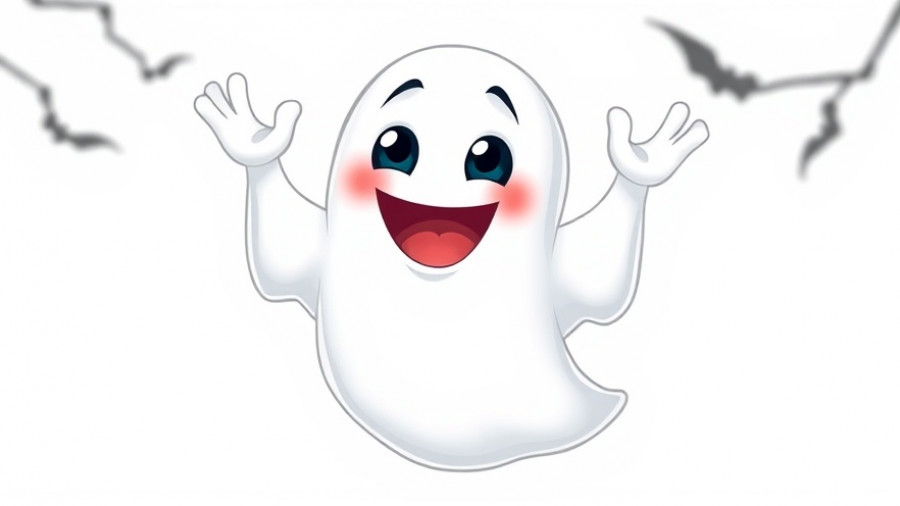
Rethinking Alcohol: A Wake-Up Call for Everyone
As Halloween approaches, a time traditionally associated with indulging in sweets and treats, it gives pause to reflect on our cultural views surrounding alcohol consumption. The tendency to couch drinking in terms of 'treating ourselves' has become commonplace. Phrases like "I've had a long day; I deserve a drink" or "Let’s celebrate with a bottle of wine" reinforce the notion that alcohol is a reward. This understanding, however, is misleading and potentially harmful.
Unearthing the Truth: What’s Really in That Glass?
Alcohol is often marketed and perceived as a special indulgence, a luxury even, when in reality, it's a substance linked to significant health issues. From anxiety and depression to severe risks like cancer, the reality of alcohol consumption poses serious concerns. Yet, the normalization of alcohol as a 'treat' cultivates a toxic relationship with it, misleading individuals into believing that they are rewarding themselves when in fact, they may be self-sabotaging.
Transforming Language: From Treats to Tricks
What if we exchanged the word 'treat' for 'trick' when talking about alcohol? This shift could help recalibrate our perceptions of drinking. Alcohol often gives us a fleeting moment of relief but brings along an array of negative consequences, from hangovers to long-term health effects. Acknowledging alcohol as a trick can pave the way for healthier, genuine indulgences that provide real satisfaction without the backlash.
Exploring Healthier Alternatives: The Real Treats
Parents and individuals seeking balance in life should consider alternative forms of self-care that actually contribute to well-being. Rather than reaching for a bottle, one can indulge in activities such as reading, enjoying a hot bath, or spending quality time with loved ones. Through these choices, individuals can enrich their lives in meaningful ways that foster genuine happiness and relaxation.
Understanding the Spectrum of Alcohol Use
Current research indicates that alcohol use exists on a continuum, ranging from moderate consumption to severe dependency. According to the National Institute on Alcohol Abuse and Alcoholism (NIAAA), many people who drink more than the recommended guidelines are not classified as alcoholics, which highlights the importance of understanding individual drinking behaviors and the social norms that influence them. This perspective encourages more comprehensive and empathetic approaches to alcohol-related issues.
Social Connections: Rethinking Our Drinking Culture
Alcohol often plays a central role in social gatherings, reinforcing the perception that it’s essential for enjoyment and bonding. However, it’s vital to challenge this notion and redefine our social experiences. Reality suggests that relationships and joy do not inherently rely on substances; instead, creating memorable experiences can exist independent of alcohol. Developing sober traditions could help shift the societal narrative from boozy celebrations to more wholesome and fulfilling activities.
Call for Action: Advocating for Healthier Choices
In light of the discussions surrounding alcohol’s true impact, individuals are encouraged to evaluate their drinking habits critically. Consider participating in support groups or exploring sober living options if patterns of dependence emerge. Engaging with resources like the NIAAA or local addiction support services can provide the necessary tools for those seeking change. Remember, it’s never too late to embark on a healthier lifestyle.
In a world where alcohol has been bestowed the status of a coveted treat, it’s time to reframe our language and redefine our relationships with drinking. Your happiness deserves a solid foundation built upon real, fulfilling experiences that promote true wellness.
 Add Row
Add Row  Add
Add 




Write A Comment